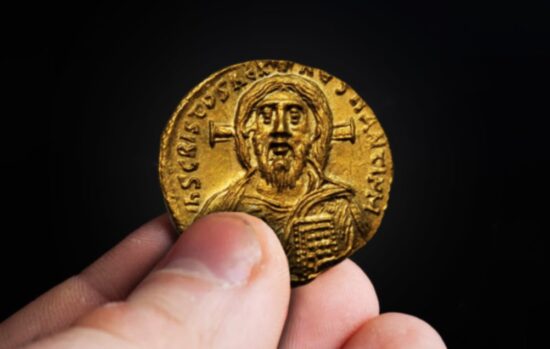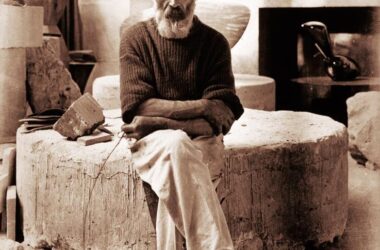The Caesar’s money
“And the chief priests and the scribes that very hour sought to lay hands on Him, but they feared the people – for they knew He had spoken this parable against them. So they watched Him, and sent spies who pretended to be righteous, that they might seize on His words, in order to deliver Him to the power and the authority of the governor. Then they asked Him, saying, “Teacher, we know that You say and teach rightly, and You do not show personal favoritism, but teach the way of God in truth: Is it lawful for us to pay taxes to Caesar or not?” But He perceived their craftiness, and said to them, “Why do you test Me? Show Me a denarius. Whose image and inscription does it have?” They answered and said, “Caesar’s.” And He said to them, “Render therefore to Caesar the things that are Caesar’s, and to God the things that are God’s.” But they could not catch Him in His words in the presence of the people. And they marveled at His answer and kept silent.”
How should an emperor view wealth
Eusebius of Caesarea, Life of Constantine the Great, prologue, 7-8, in Church Fathers and Writers (1991), vol. 14, p. 199
“Constantine never forgets to gather his thoughts within himself and thus continually to discover in himself the same common nature shared by all men. A smile crosses his lips when he observes the impression made on the crowd (an impression of children at the sight of who knows what strangeness) by his flowered mantle, woven with threads of gold, by the imperial purple, by the very crown he wears. Completely free from such feelings, since he has tasted of divine knowledge, he has adorned his soul with the ornaments of moderation, justice, piety, and the other virtues; truly imperial ornaments at this time. Moreover, those things so coveted by the world – I mean: gold and silver and (precious) stones, whose beauty amazes us – he does not hold them as more than common stones, or as any other material, without value (that is precisely what they are, in reality), of no help in our struggle against the onslaught of evil. Indeed, can they heal us from illness? Can they help us in any way to escape from death? Aware of all this, Constantine does not hesitate to use them (but knowingly! – and only so much as to please his subjects through embodied dignity), without allowing himself to be deceived; on the contrary, allowing himself to smile at the sight of those who, in their inner immaturity, are impressed by them! And so he abstains from revelry and drunkenness, as well as from the excessive refinement of foods made to suit the taste of foods (which foods – he realizes – may be suitable for who knows whom, in any case, they are not suitable for him, especially as they do great harm to man, clouding the contemplative faculty of the soul). For all these reasons, the emperor – divinely guided and instructed as he is in the heights of thought – never ceases to pursue the realities that transcend those of life.”
Source: http://ziarullumina.ro









